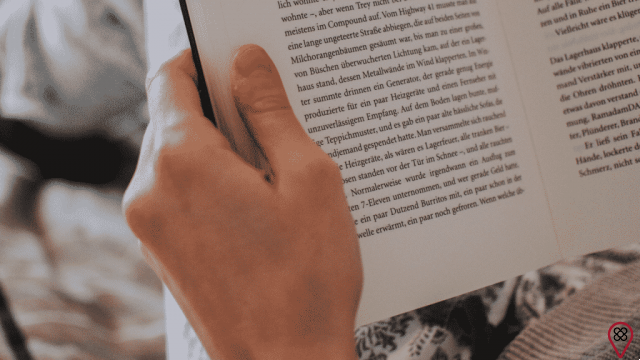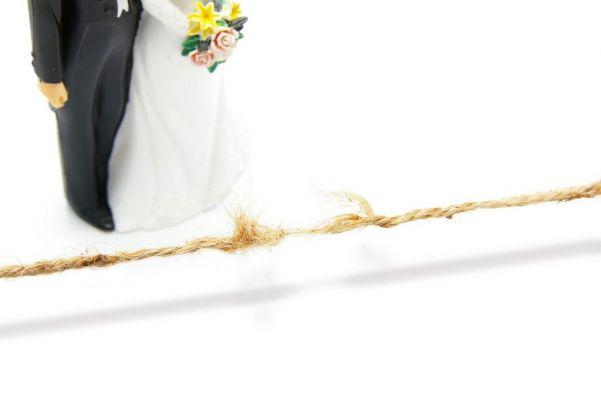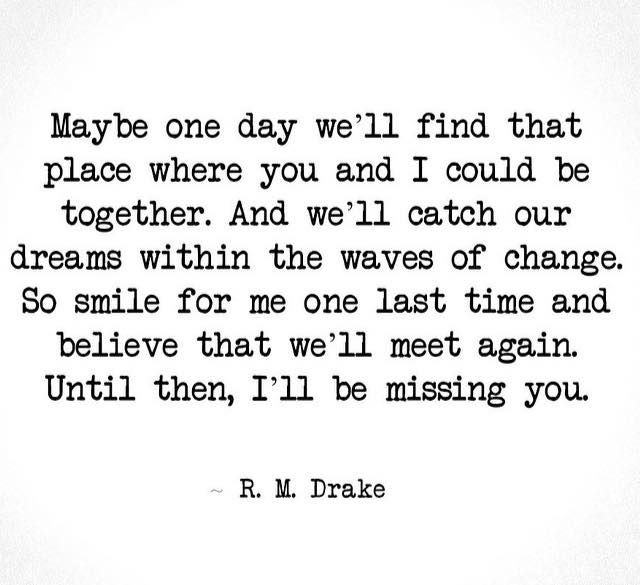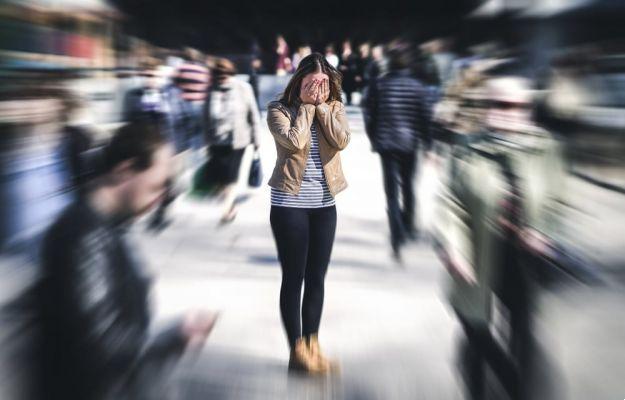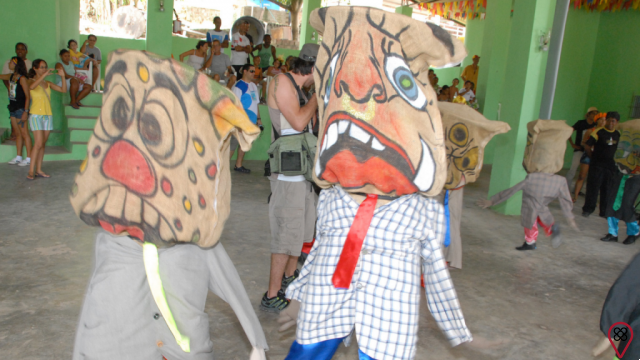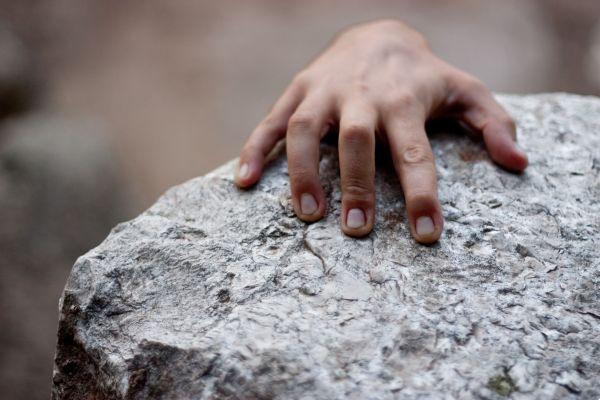Daily we see cases of racism before our eyes. These are actions with no intention of being hidden. And the structural racism showing us every day how strong we need to be to move forward and denounce, but what about when you notice that veiled racism is present?
How to identify that there is veiled racism and how to expose it? Veiled racism often comes in the form of succinct matters, imperceptible actions and ambiguous words that often generate doubts. Was it really racism? And whoever is on the outside of the situation, ends up pointing out several suggestions that it is not racism, making this the last option, when in fact it should be the first.
It is often difficult to recognize or believe that it has gone through veiled racism, because, as the name itself says, it is not explicit. For the patient who carries this, recognizing and bringing this into session is a very delicate process. As with other issues that lead someone to seek therapy, veiled racism often comes in the form of latent content, which is not explicit.
However, these same factors make the path full of obstacles to reach therapy, as not all health professionals understand these aspects, and this makes the therapeutic process difficult.
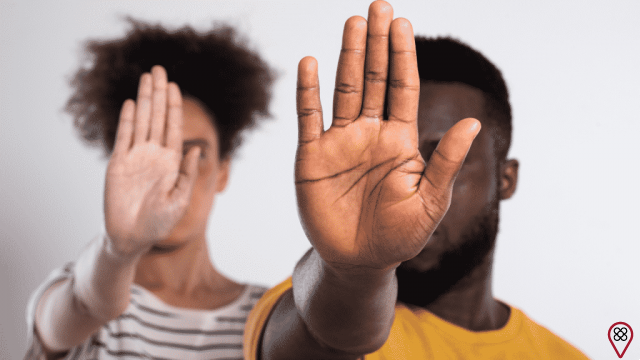
It's not just this form of racism, but all others: It is necessary to understand how serious this can become if not treated, which can lead to disorders such as depression, panic attacks, anxiety, among other psychic sufferings., but it is important to point out that, in addition to taking care of mental health, it is necessary to act and see what is the best way to deal with this situation, including legally.
When, in one of the times I went through veiled racism, I didn't understand why that person treated me “differently from the others”, I was her subordinate and for the whole team she answered messages and mine, no; she acted like I didn't try as hard as other people. In one of the sentences, she said: “Shows willpower, huh?”. She, a white woman from a privileged family. Me, a black woman, coming from the periphery, without any pretensions of wanting to be more than her, even because she had a higher position than mine, so I understand that I should respect the hierarchy, but many things I knew more than she did, and that bothered her. Modern slavery, I would say. That is, in addition to working as hard as other people, I had to show more, because my color prevented her from seeing my work.
During the therapeutic process, it consumed me so much that my analyst pointed out: "It's so hard for you to go through this that you couldn't name what's happening to you". It was then that I realized that it was veiled racism. I told people close to me who were white and didn't see it that way, and they thought she just didn't like me. As for black people, they all said yes, it was veiled racism.
You may also like
- Understand the relationship between mental health and racism
- Understand what psychology says about racism
- Delve deeper into the “Black Lives Matter” movement
Therefore, from the analyst's point of view, it is extremely important that ethnic-racial issues are well observed. It is necessary to have an intersectional look at the analysis, so that the patient is welcomed correctly and their issues are dealt with effectively.



